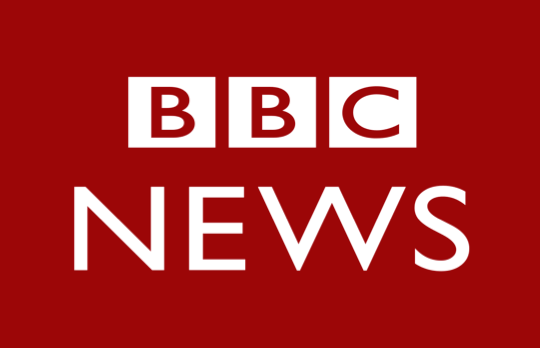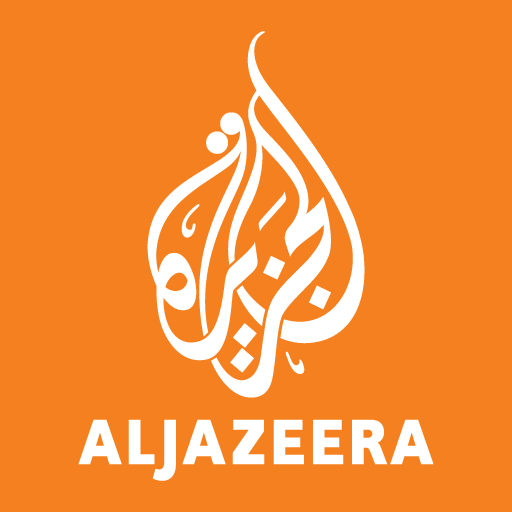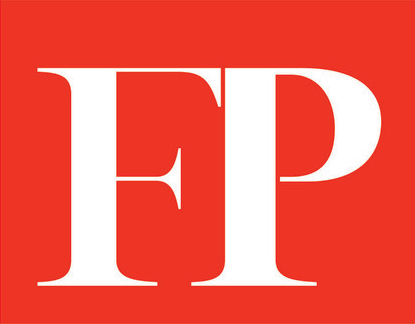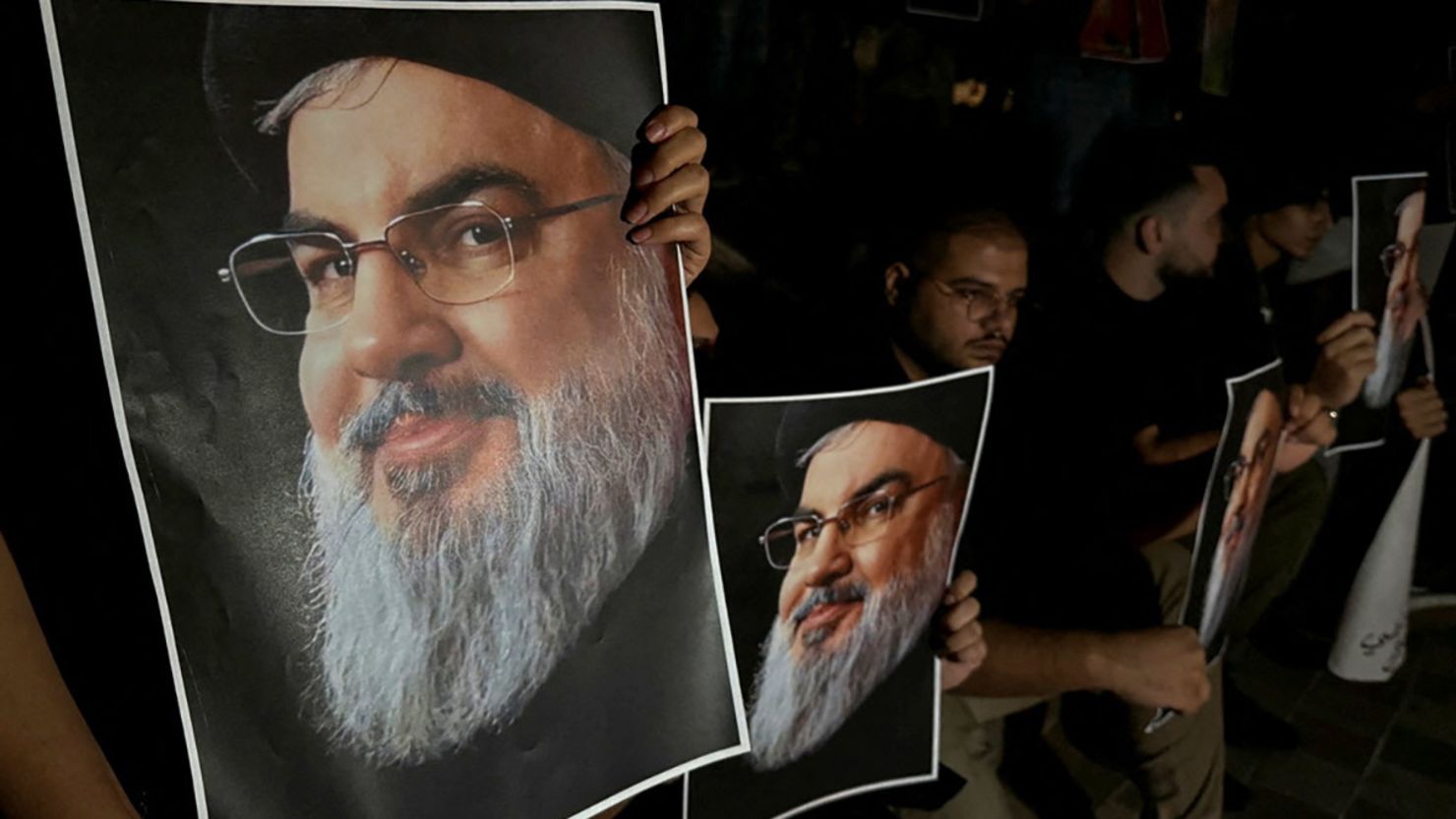- Israeli airstrikes have killed Hezbollah leader Hassan Nasrallah in an attack on southern Beirut. Lebanese officials confirmed the death of 11 others and reported more than 108 injured. (BBC.com)
- The strikes on Lebanon are part of a larger Israeli campaign targeting over 140 Hezbollah locations since Friday, including infrastructure and weapons storage sites. (Aljazeera.com)
- Nasrallah's death is seen as a significant blow to Hezbollah, but analysts believe the group will reorganize and continue its operations against Israel. (WSJ.com)
- Israel's strategy is to weaken Hezbollah through a relentless bombing campaign, aiming to force the group to agree to a ceasefire. Hezbollah has launched retaliatory rocket attacks on Israel, escalating tensions. (Foreignpolicy.com)
- Iran, Hezbollah's key backer, has so far refrained from direct involvement but may consider a response to preserve its credibility within its regional alliances. (APNews.com)
From Israel’s perspective, the airstrikes on Hezbollah, including the assassination of Hassan Nasrallah, are seen as a necessary and calculated move to weaken a powerful and hostile group that has posed a persistent threat to its security. Israel views Hezbollah's military capabilities, backed by Iran, as an existential threat, and this operation is part of its broader strategy to protect its citizens and deter future attacks. By targeting Hezbollah's infrastructure and leadership, Israel aims to dismantle the group's operational capacity and force it into a position where a ceasefire or retreat becomes inevitable.
From Hezbollah’s and its supporters' perspective, the Israeli strikes are perceived as acts of aggression and imperialism. Hezbollah views itself as a resistance movement defending Lebanon and the broader Arab world from Israeli occupation and interference. The death of Hassan Nasrallah is a significant loss, but Hezbollah believes it will reorganize and continue its fight against Israeli forces, viewing this as part of a long-standing struggle for sovereignty and regional power. In this narrative, Israel's actions are seen as efforts to destabilize Lebanon and weaken Hezbollah’s influence in the region.
A broader regional and international perspective focuses on the humanitarian and geopolitical consequences of the escalation between Israel and Hezbollah. The strikes on densely populated areas like Beirut raise concerns about civilian casualties, infrastructure destruction, and the potential for further destabilization in Lebanon, a country already grappling with economic and political crises. International observers worry that the conflict could spiral into a larger war involving Iran, and the humanitarian toll on both Lebanese and Israeli civilians could exacerbate the already fragile situation in the Middle East.
Details
Security
Bias
Deltas
Several articles discuss a significant escalation of violence between Israel and Hezbollah, the Lebanon-based militant group. The event that sparked the current situation was the death of Hezbollah leader Hassan Nasrallah, who was reportedly killed in an Israeli airstrike on Friday in southern Beirut. Nasrallah’s death was confirmed by Hezbollah, and it marks a pivotal moment in the ongoing conflict between Israel and Hezbollah, which has spanned decades. The Israeli military targeted more than 140 Hezbollah locations, including infrastructure and weapons storage sites, in its effort to cripple the group’s military capabilities (BBC.com).
In addition to Nasrallah’s death, the airstrikes have reportedly killed several other Hezbollah commanders and dozens of civilians. Lebanese officials have stated that Israeli strikes on Ain al-Delb and Hermel have caused significant casualties, with 24 people killed in Ain al-Delb and 21 in Hermel. The death toll continues to rise, with reports indicating that more than 700 people have been killed in Lebanon since Monday as a result of the Israeli bombardment. Israeli forces claim these strikes are necessary to remove Hezbollah’s threat and have targeted buildings suspected of housing weapons and rocket launch sites (Aljazeera.com).
From Israel’s perspective, the military operation is part of a larger strategy aimed at weakening Hezbollah and potentially forcing the group into a ceasefire. Israel has long regarded Hezbollah, which is backed by Iran, as a significant threat due to its extensive arsenal of rockets and missiles. Israel's current approach involves targeting Hezbollah’s leadership and infrastructure to force the group to retreat from its positions near the Israeli border and reduce its capacity to launch attacks. Israeli officials hope that this campaign, which also included a covert operation involving the destruction of pagers and walkie-talkies used by Hezbollah members, will cripple the group's military capabilities (Foreignpolicy.com).
Hezbollah and its supporters, however, view these strikes as an act of aggression by Israel and see their struggle as one of resistance against foreign occupation. Hezbollah has launched retaliatory rocket attacks against Israel, targeting northern areas of the country. In response, Israel has carried out further strikes on Hezbollah targets in the Bekaa Valley and southern Lebanon. Hezbollah has vowed to continue its fight, even as it faces significant losses, including the deaths of several senior commanders in recent days. The group's ability to reorganize and appoint new leaders to replace Nasrallah remains a key question, with potential successors such as Hashem Safieddine being mentioned (WSJ.com).
The broader regional implications of this conflict have also raised concerns. As Hezbollah is a key player in Iran’s regional network of allies, Nasrallah’s death could prompt a wider reaction from Iran and other groups in the "Axis of Resistance," including the Houthis in Yemen and Shia militias in Iraq. While Iran has not yet directly responded, its future actions will likely be influenced by the need to maintain credibility among its regional allies. Meanwhile, the civilian toll in Lebanon is growing, and the destruction of residential areas in southern Beirut has displaced thousands of people. There is mounting concern that this escalation could lead to a broader conflict involving not only Israel and Hezbollah but also other regional powers and possibly the United States (APNews.com).

While the article provides a detailed account of the airstrikes and Nasrallah's death, the narrative highlights the number of civilian deaths, injuries, and the destruction of residential areas in Beirut, potentially painting Israel in a more negative light. For example, 'nearly 800 people have been killed in Israeli strikes in Lebanon since Monday' underscores the scale of devastation on Lebanese civilians.
Read full article

The article repeatedly emphasizes civilian casualties and paints the strikes as part of a wider, harmful Israeli aggression. Statements like '69 killed by Israel in Lebanon so far today' and descriptions of bombed residential areas highlight the article's critical stance toward Israel.
Read full article
The article highlights personal stories and loss, such as 'a relative of the Hezbollah leader stated that when her brother became a martyr, her parents did not shed a tear,' which portrays Israel’s actions in a critical light.
Read full article

The article highlights the civilian casualties, emphasizing that 'Israel's attacks have killed more than 700 people' and the extensive destruction in Lebanon, which portrays Israel’s actions in a critical light.
Read full article
The article emphasizes the humanitarian cost of the strikes, with statements like '88 martyrs and 153 wounded in Israeli raids,' which positions Israel’s actions in a negative light.
Read full article
Negative
Sentiment

The article discusses both Israel’s intentions to weaken Hezbollah and the likely resilience of Hezbollah, providing a balanced perspective on the effectiveness of Israel’s strategy. It avoids strong language that would indicate bias towards either Israel or Hezbollah.
Read full article

The article avoids portraying either side in a particularly favorable or unfavorable light, instead focusing on the military and strategic implications. It refers to the strikes as 'one of Israel's biggest successes,' but also notes the likelihood of Hezbollah reorganizing and continuing its operations.
Read full article

The article reports on the events in a straightforward manner, describing Israel’s military actions and Hezbollah’s responses without injecting opinion or emotional language. Phrases like 'Israel’s assassination of Hezbollah leader Hassan Nasrallah is a monumental blow to the group' are stated factually.
Read full article
The article focuses on the strategic significance of the attack, noting that 'the killing of Hassan Nasrallah is one of Israel's biggest successes' while also mentioning the broader implications for the ongoing conflict.
Read full article
Neutral
Sentiment
Positive
Sentiment
-
+
Lenta.ru [Russia] Adds Details on Nasrallah's Daughter
Lenta.ru highlights that Nasrallah's daughter died in the Israeli airstrike.
This personal detail was not mentioned in the Western media reports. -
+
Profile.ru [Russia] Adds Context on Hezbollah's Strategy
Profile.ru provides context about Hezbollah's strategy to destroy Israel by 2040.
This long-term strategic context was not emphasized in Western articles. -
+
Baidu [China] Adds Details on Hezbollah Commanders
Baidu includes details about the deaths of multiple senior Hezbollah commanders in the airstrikes.
This detailed focus on Hezbollah’s leadership was not covered extensively in Western reports. -
+
Xinhua [China] Adds Information on Health Workers Killed
Xinhua adds that 40 health workers were killed during Israeli airstrikes in Lebanon.
This specific civilian casualty detail was not reported in most Western sources. -
+
Sky News Arabia [Middle East] Adds Information on Hezbollah's Missile Storage
Sky News Arabia reports on Hezbollah’s use of civilian buildings for missile storage.
This specific claim was not widely covered in Western reports. -
+
CNN [USA] Adds Retaliation Timeline
CNN adds a detailed timeline of Israel's airstrikes and Hezbollah's retaliatory actions.
This timeline includes specific details on the number of airstrikes in Beirut, which is less emphasized in non-Western sources.
-
-
New Izvestia [Russia] Omits Details on Hezbollah’s Retaliation
New Izvestia focuses on the potential death of Hezbollah leader Hassan Nasrallah.
However, it omits mention of Hezbollah’s retaliatory missile strikes, which were noted in Western media. -
-
BBC [UK] Omits Hezbollah Leadership Details
BBC omits details about Hezbollah’s leadership casualties.
The focus is more on the broader geopolitical impact, downplaying the specifics of targeted strikes. -
-
AP News [USA] Omits Civilian Displacement Details
AP News focuses on Israel’s military operations but omits specific details on the displacement of Lebanese civilians.
The large-scale displacement reported by other sources, such as Al Jazeera, is not covered.


